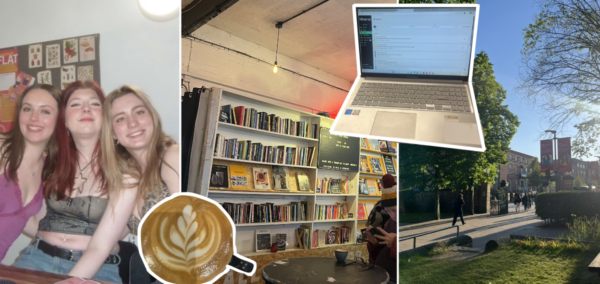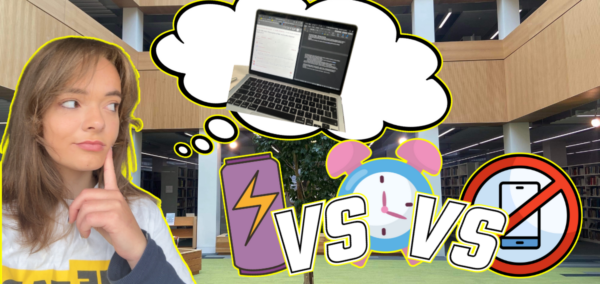
Russell Group unis offering free courses to Afghan women until Taliban lifts ban on learning
Women with internet access will be able to study over 1,200 courses
21 Russell Group universities are offering women in Afghanistan free courses for as long as the Taliban has a ban on their participation in higher education.
Many British unis, as well as others internationally, are partners with FutureLearn – a platform which is now offering free access to Afghan girls and women. If they have internet access, they will be able to study short courses and expert tracks from almost all the Russell Group universities.
Last month, the Taliban announced a ban with immediate effect on women attending universities in Afghanistan. Female university students were turned away from campuses, the Guardian reported, and the country’s ministry for higher education said their access to university would be suspended “until further notice”. Women gathered in Kabul and outside the university to protest the ban, such as the protest pictured above.
A joint statement from the foreign ministers of the UK, US, Australia and many other countries condemned this, saying: “A stable, economically viable, and peaceful Afghanistan is only attainable and sustainable if all Afghans, including women and girls, can fully, equally, and meaningfully participate in and contribute to the country’s future and development.”
Jo Johnson, FutureLearn’s chairman, said this could be a “lifeline” but acknowledged there may be issues around access. Johnson said: “For girls and women who can access the internet and afford the time, this could be a lifeline. While this is of course no silver bullet – poor connectivity, poverty and language barriers mean many women may not be able to access the material – it can nonetheless play a valuable part in enabling women in Afghanistan to assert their inalienable human right to education.”
Most Read
The women will be able to access over 1,200 courses through a free subscription. FutureLearn was originally set up by the Open University and delivers courses on behalf of some of the world’s top universities, including 21 of the 24 Russell Group unis.
These include: Birmingham, Bristol, Cardiff, Durham, Edinburgh, Exeter, Glasgow, King’s, Leeds, Liverpool, Manchester, Nottingham, Queen Mary London, Sheffield, Southampton, UCL, Warwick, York, and Oxford’s department of education.
Lord Mark Malloch-Brown, President of the Open Society Foundation, said the move “to open up [the] platform to women denied their rights under this regime will play a useful part in keeping education within reach of those with an internet connection. It is a welcome sign that our commitment to fighting for human rights for all Afghans remains strong.”
You can find out more, including how to sign up, here.
Featured image via Uncredited/AP/Shutterstock (before edits)
Related stories recommended by this writer:
• This is how to show support and help for those in Afghanistan
• Young Afghans based in the UK are struggling to help their families back home
• How to show support for Iranian women and those protesting for human rights in Iran















